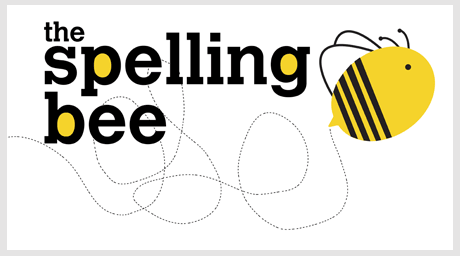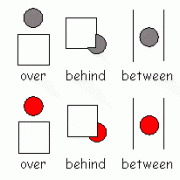The Word Detectives
In the Scripps National Spelling Bee championship held in the USA, the joint teenage champions had to spell words such assdrucciola, holluschick, thymelici, encaenia, terreplein and stichomythia in order to win. Whether or not they understood the meanings of the words, it is an impressive feat indeed that they managed to spell words such as these correctly upon hearing them used only once.
Traditionally, especially when I was at school, spelling was taught by our teachers giving us a list of words on Monday, which was followed by a spelling test on Friday. This has been the case with spelling for many years, but I bet the teenage champions at the 2014 National Spelling Bee learned spelling in a completely different way.
Most spelling follows expected patterns, teaching how and why certain patterns are used helps you to develop your spelling. For example, various words containing the /ay/ sound are grouped by their spelling pattern into lists:
List 1 would contain the ‘ai’ words (rain, bait, brain, wait, grain, aim, aid…).
List 2 would give the ‘ay’ words (play, away, stay, pay, pray…).
List 3 would give the a-consonant-e spelling pattern (gate, trade, game, make, grade…).
List 4 would contain the single vowel ‘a’ spellings (rang, bank, thank, sang…).
List 5 would contain the ‘unexpected’ spellings of /ay/ (eight, weigh, great …).
Another way to investigate and understand the patterns is to group words beginning with the same letter. For example, the letter ‘C’ would contain words beginning with a ‘hard-c’ such as cat, or a ‘soft-c’ as in cell, and once these words are grouped together you will start to discover that ‘c’ is usually hard when followed by consonants and the vowels ‘a, o & u’ (cat, cot, cut etc…), whilst it is usually soft when followed by ‘i. e & y’ (circus, celery, cycle etc.).
There are always exceptions to these rules, but it’s a good way to learn spelling patterns which will eventually help amplify your vocabulary and improve your English!
Contact Rachel today > http://www.italki.com/teacher/1394345







Leave a Reply
Want to join the discussion?Feel free to contribute!